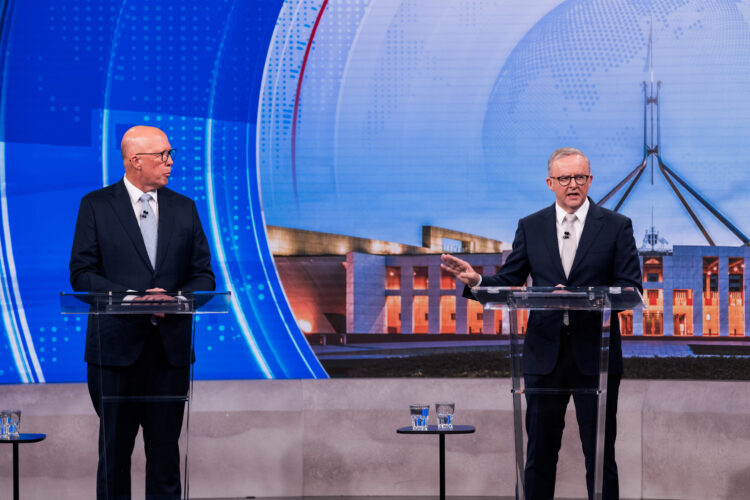With less than two weeks to go in the election campaign, both major parties have done little to address the deficiencies in our tax system, which distort the housing market, worsen inequality, promote the use of fossil fuels and encourage damaging behavior.
Australia is a low tax nation, and this has left Australians with higher rates of poverty, poorer services and crumbling infrastructure.
If the government raised as much revenue as the average tax take of advanced nations in the OECD, it would have an extra $135 billion a year.
That could be used to improve infrastructure, deliver better education and health services and fast-track the shift to a low-emissions economy.
The Australia Institute proposes a range of changes to the tax system that are already at the centre of policy debate. Some are supported by current members of parliament, while others have been major party policy in the past. They are well-known by policy practitioners and popular with voters.
Such changes would not mean higher taxes for the vast majority of Australians, but would instead be done in ways which will make Australia fairer and safer.
We could:
- Cut fossil fuel subsidies and end the gas industry’s free ride.
- Reform negative gearing and the capital gains tax discount.
- Close the tax loopholes for superannuation and luxury utes.
Such reforms to the tax system could raise between $12 billion and $63 billion a year:
- $12 billion could fund 70,000 extra jobs to improve education, health and a host of other public services.
- $63 billion would enable the government to raise support payments above the poverty line and double spending on education and housing.
“A proud nation requires policies that promote a better and fairer Australia,” said Greg Jericho, Chief Economist at The Australia Institute.
“Elections are an opportunity to take bold, popular reforms to the people.
“Not only would that improve their chances in the election, it would give them a mandate to make the country a better place.
“Instead, we get not just small targets, but tiny targets from Anthony Albanese and Peter Dutton.
“For three years, the opposition has gone on and on and on about the Prime Minister’s pledge to cut power bills at the last election.
“Now, both leaders are so terrified of promising reforms they can’t deliver, they just tinker around the edges. It’s a massive missed opportunity.”






Loading form…